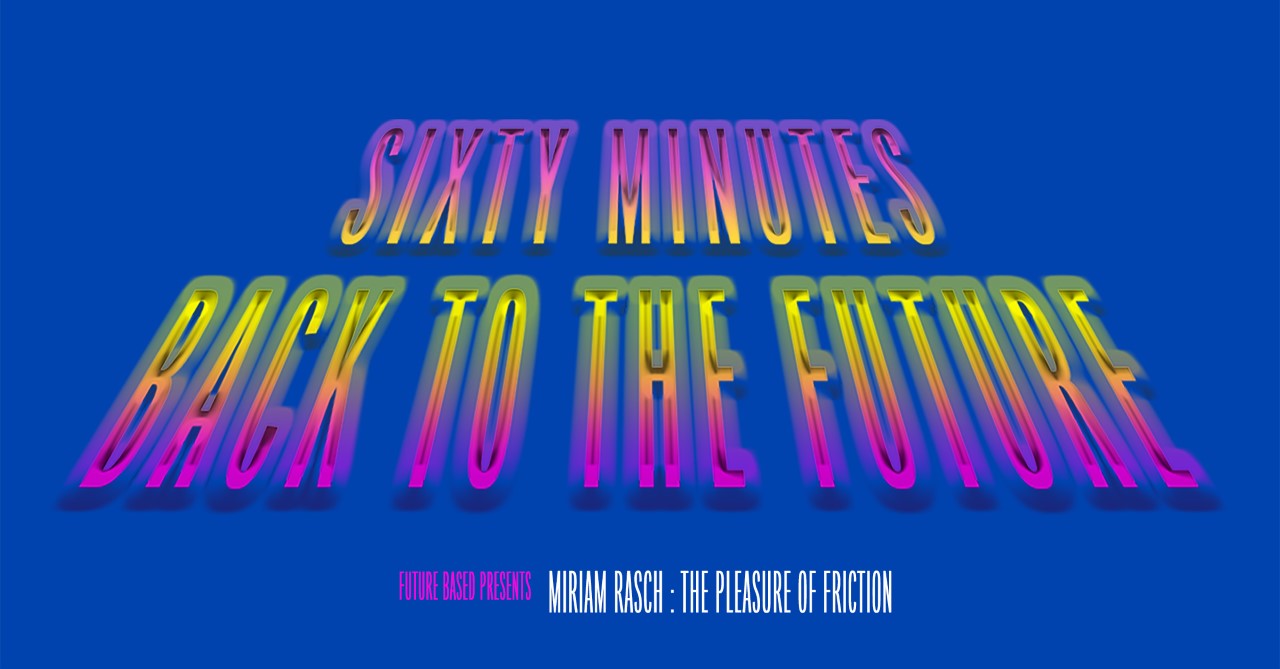In the webinar ‘The Pleasure of Friction’ Miriam Rasch poses the question how we can resist an increasingly ‘frictionless’ society, filled with smart devices, communicative automation, and ubiquitous surveillance. Moreover, is it possible to do so in a joyful way? If we want to change something in our dealings with technology, it will help if the alternatives have something pleasurable to offer. What can we learn from writers and philosophers from the past and present about maintaining a positive outlook on friction?
Why a lecture on the topic ‘the pleasure of friction’ right now?
The ideal of frictionless design for an ultimately frictionless society leads to profoundly ethical questions. If technology decides for us what we think, want, and should do, the basis of ethical deliberation disappears. However, it is also understandable that these same technologies are cherished, as they allow us to stay in touch with loved ones, discover information and insights we would never have encountered otherwise, and just plainly make us Laugh Out Loud. And isn’t there rather too much friction online (and in the camera-observed streets), with increasing polarisation and a public debate that has grown into a perpetual loudness war? All the more reason to take a closer look at what friction could mean in a positive and pleasurable sense, and to re-establish the link between ethics, freedom and friction.
Departing from Simone de Beauvoir, Timothy Morton, Roland Barthes, and the undercommons, Miriam will talk about what a joyful gathering beyond the notion of frictionlessness could look like.
Check Future Based for more information and tickets.


